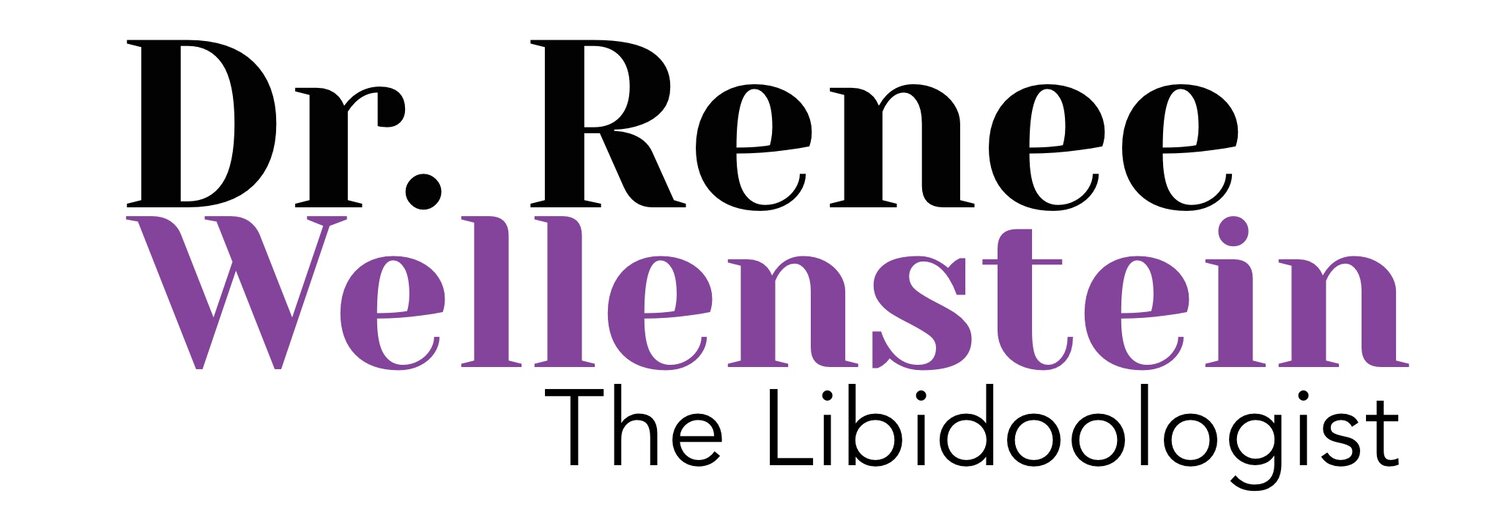Why So Many Doctors Still Say No to HRT (Even When You’re Begging for Help)
Photo by Online Marketing
If you’ve ever felt brushed off by your doctor when you bring up hormone replacement therapy (HRT) or testosterone, you are far from alone.
In fact, as a doctor who used to say no to those same requests—I want to explain why it happens.
The system trains us to say “no.”
Most conventional doctors (myself included, once upon a time) aren’t taught to look at hormone imbalances holistically. In med school, we’re trained to treat disease, not to optimize wellness. And anything outside of that training? We’re told it’s risky. Or unproven. Or simply not our lane.
The fear surrounding HRT—especially for women over 60—is real. After the Women’s Health Initiative (WHI) study came out in 2002, many doctors were warned off hormone therapy altogether. Even now, decades later, that fear still shapes prescribing habits.
But here’s what patients never get told: doctors often practice defensive medicine. They do what’s safe and conventional—not necessarily what’s best for the individual patient—because they’re afraid of getting sued, losing their license, or stepping outside the “rules.”
The problem? Women are suffering.
You’re told your hot flashes, mood swings, fatigue, brain fog, weight gain, and low libido are “just part of aging.”
You’re offered:
Birth control to regulate your period
Antidepressants for mood changes
Lubricant for vaginal dryness
Diet and exercise (with no nutritional guidance) for weight gain
Meanwhile, the root cause—hormone imbalance—isn’t even discussed.
I’ve had women come to me who were desperate for answers. And I get it—I’ve been there myself. It’s why I left conventional medicine and stepped into functional and integrative care. Because when I started experiencing symptoms, I wasn’t getting the help I needed either.
What can you do?
If you’ve ever walked out of an appointment feeling unheard or dismissed, please watch the video I just released.
Click here to watch: “Why Your Doctor Says No to HRT (And What They’re NOT Telling You)”
I’m pulling back the curtain on what’s really happening inside the medical system—and why it’s time to stop blaming yourself.


